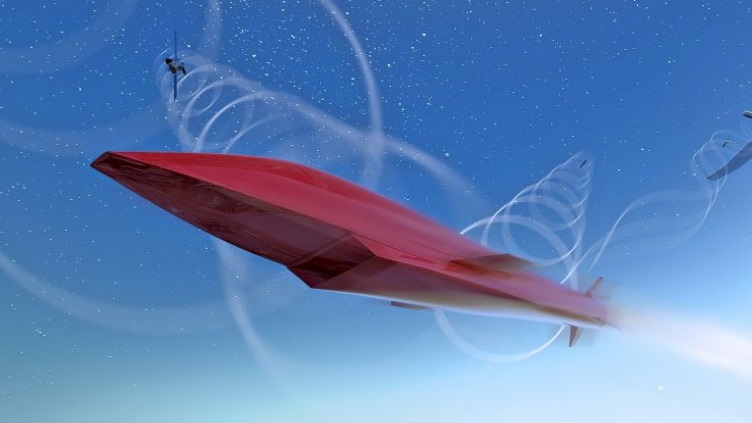New contract for Anglo-French Innovation Missile Technology Partnership
France and UK technology partnership awards new contract for future missile technology development.
21 July 2021

MBDA has been awarded a contract by France’s Direction Générale de l’Armement (DGA) and the UK’s Defence Science and Technology Laboratory (Dstl) to lead the new Complex Weapons Innovation Technology Partnership (CW ITP).
The new four-year contract follows on from the work of the Materials and Components for Missiles Innovation Technology Partnership (MCM ITP) over the last 13 years to continue developing generation-after-next missile technology. The MCM ITP funded proposals from industry, SMEs and academia on an annual basis with the aim of developing novel, exploitable technologies for generation-after-next missile systems.
Under the MCM ITP, MBDA Missile Systems developed a navigation solution for long-range cruise missile systems that used satellite communications. The Resilient and Autonomous Satcom Navigation (REASON) project, which also involved Airbus Defence and Space, and ONERA, evaluated the technical and system-level feasibility and benefits of using specialist satellite signals to aid navigation.
The governments of France – through its Defence Innovation Agency - and the UK – with the Integrated Review – have shown a commitment to harness the opportunities innovation presents for their defence capabilities.
The CW ITP’s new framework will see it focus on five enduring technical areas (ETAs) identified as unique and critical to the field of complex weapons:
- Materials, Structures & Electronics;
- Mission Systems & Algorithms;
- Seekers;
- Propulsion; and
- Lethality.
The development funding provided by CW ITP will help sustain France and the UK‘s industrial and scientific base. A renewed group of French and UK companies, split equally across the two countries, will lead these ETAs. CW ITP will also introduce greater collaboration across these areas through ‘Dynamic Challenges’ that will look at technologies with applications across them, as well as any new potential technology areas.
It will also look to fund more ‘Disruptive Innovation’ through short, three-to-six month, technology projects that whilst at the smaller end of funding, carry a high risk of not being successful, but high reward if they do succeed. Additionally, CW ITP has increased funding for research activities of French and UK SMEs and academia through efficiency savings on the costs of managing the projects.
“MCM ITP was an excellent example of Anglo-French co-operation, and the CW ITP will no doubt continue in this endeavour, showcasing that our countries remain committed to working together on future defence technologies,” said Éric Béranger, CEO of MBDA.
Ed Dodwell, the Head of CW ITP, said the importance of CW ITP’s cross defence collaboration is its facility to match up the evolution of ideas with their exploitation. “Technology on its own, without a concept for use becomes redundant. Concepts that never materialise beyond that are opportunities missed. CW ITP addresses this by having the best experts, working together, linking up the technology push of innovation with the market pull of complex weapons.”
CW ITP will have an annual budget of €12 million - 50% from Dstl/DGA and 50% from industry - to fund up to 30 projects every two years. These research activities will focus on developing technologies with a low readiness level (up to TRL 3 or 4).